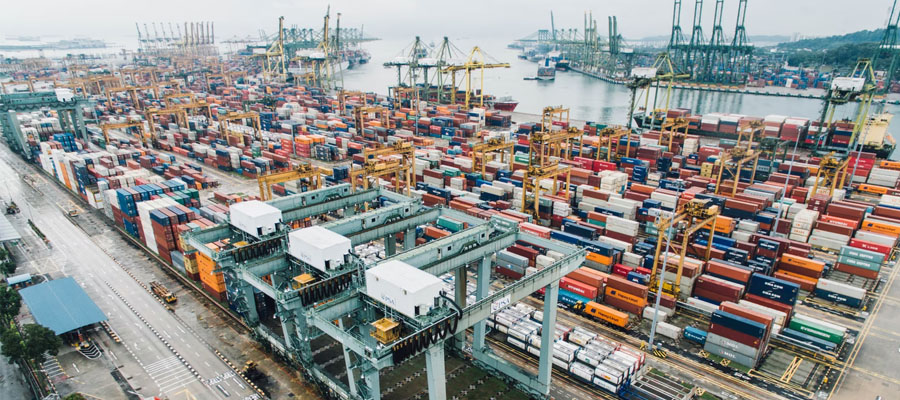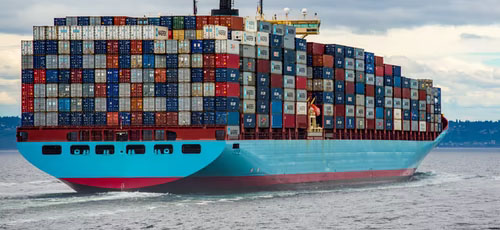
In September, Steve Forbes called for an overhaul of the Jones Act to address “outdated” stipulations, requiring trade between US ports to occur on American-built ships, which are crewed and owned by Americans.
According to Forbes, the Act increases shipping expenses and harms energy enterprises. Here is an overview of the Act and two industries impacted by recent rulings.
Overview

The 1920 Merchant Marine Act, also known as the Jones Act, only allows ships built in the US, crewed by American citizens or permanent residents, and owned by American citizens to move goods between US ports.
For more than 100 years, lawmakers have supported the Act in an effort to increase domestic maritime commerce. The Act also protects sailors, allowing them to seek legal redress under certain circumstances.
Wind

By mid-2021, US Customs (CBP) ruled that floating offshore wind projects are subject to the requirements of the Jones Act. However, the ruling allowed for owners to use a mix of American and foreign-made barges to position the single turbine generators into place in federal waters.
In consideration, the CBP noted that foreign barges are not involved in transportation but positioning, excluding them from Jones Act requirements.
Casinos

In early 2020, the Louisiana Supreme Court affirmed a US Supreme Court ruling that casinos, which are permanently moored, are not subject to the regulations of the Jones Act. The court declined to accept the expanded definition of “vessel,” applied by a state appeals court.
Under the broadened definition, maritime law would apply to riverboat workers, giving them Jones Act protections. However, the Louisiana Supreme Court decided those riverboat casinos are not vessels and are therefore not required to adhere to Jones Act regulations governing maritime vessels.
